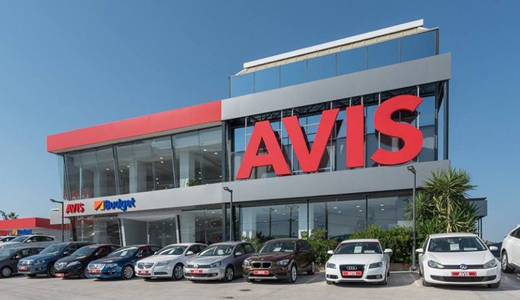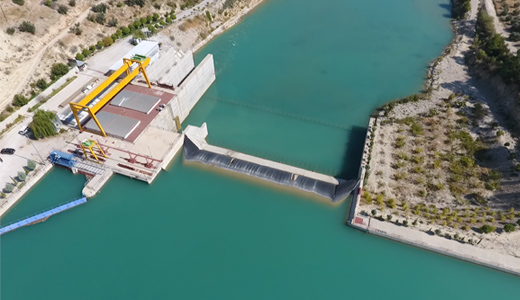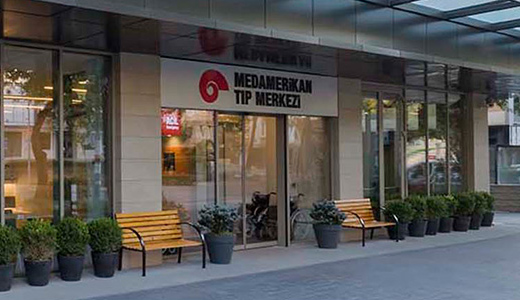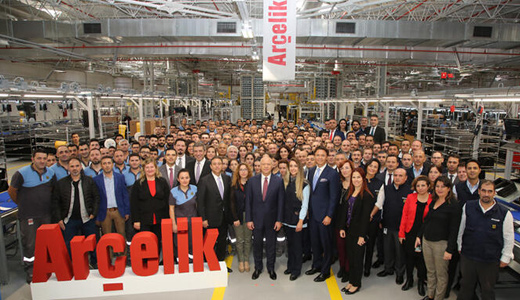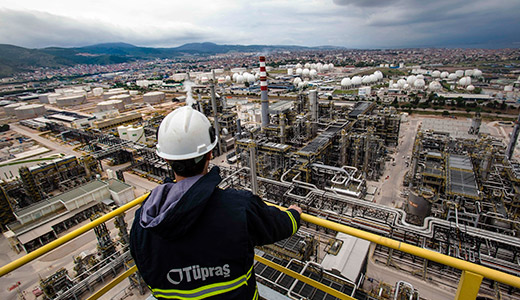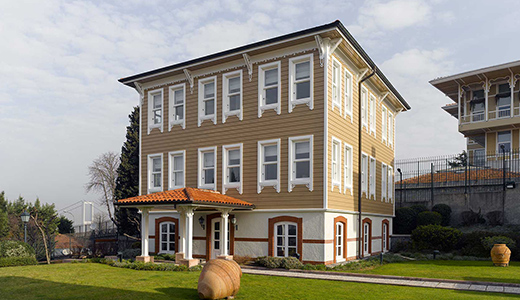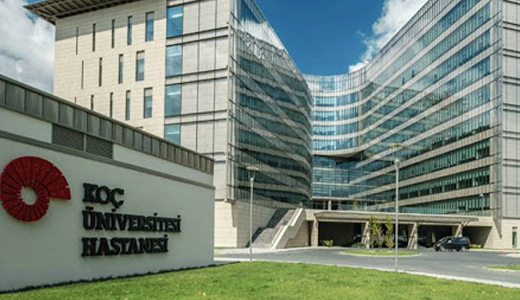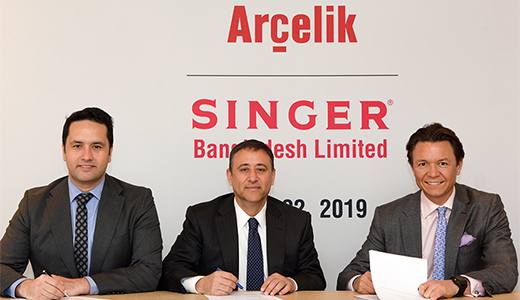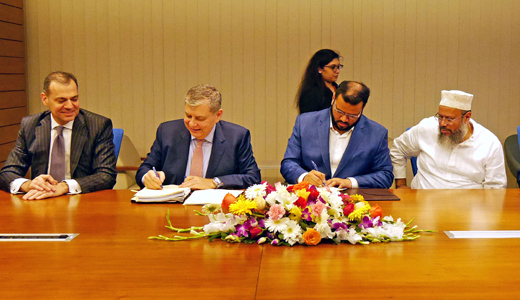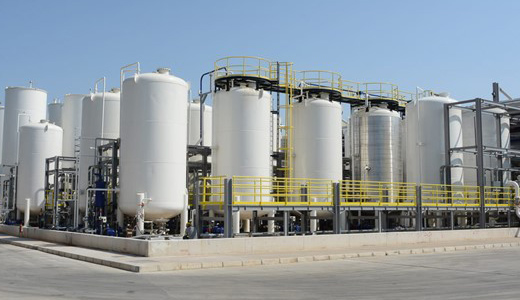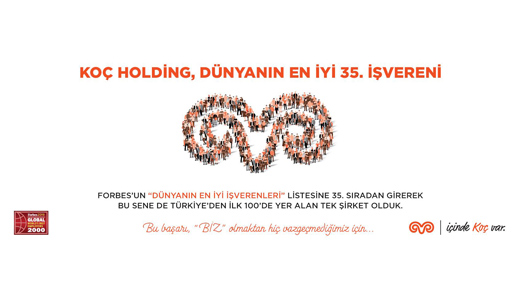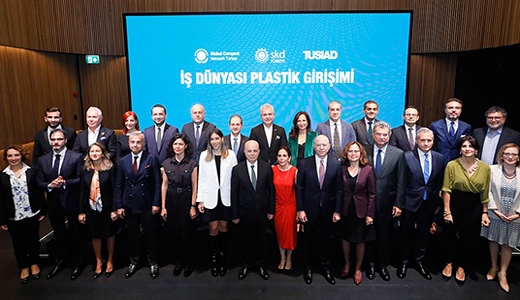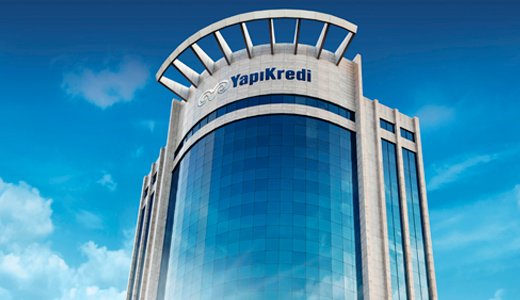Establishment and Development
Vehbi Koç (1901 - 1996) stepped into the world of trade at the age of 16, in 1917, in Ankara, after convincing his father to open a grocery store.
This small business, which marks the first steps of the Koç Group of Companies of the day, witnesses the World War I and the War of Independence, and starts to grow at a steady pace after the proclamation of the Republic.
With Ankara, a small Anatolian city, being named the capital of the Republic in 1923, construction activities gather momentum in this region. Vehbi Koç expands its business by adding construction materials and hardware to its portfolio.
Vehbi Koç completes the registration process for this store, which was named after his father, on May 31, 1926, with the name Koçzade Ahmet Vehbi. This is the date Koç Group of Companies is born and is considered to be the company’s official date of establishment.
This was when Turkey was just out of the War of Independence and was worn out because of the wars, all human and material resources were exhausted, the national economy was weak, and the people were poor.
The next milestone for the company established during these difficult times was when Koç moved from Ankara to Istanbul, opening businesses in this city that offered a more favourable economic environment, undertaking some contracting tasks, and expanding its field of activity with various dealerships and agencies.
Transition to Industry
Vehbi Koç, after growing its businesses in Ankara and Istanbul, got in touch with international contacts realizing that the local know-how and technologies for the manufacturing of certain goods that will fulfil the needs of the Turkish public are insufficient. In this period, he entered into license agreements in order to overcome the shortcomings in local know-how and technologies.
In accordance with the industrialization policies adopted by the Republic of Turkey, by the end of the 1940s, a trend towards manufacturing becomes evident. Vehbi Koç established the first light bulb company in partnership with General Electric. This factory was successful in fulfilling the needs of the Turkish public and it also accelerated the flow of information about various different fields, thanks to Vehbi Koç’s connections with international players.
In the ‘50s, domestic manufacturing in Turkey was showing a rapid growth. Koç Group of Companies started investing in manufacturing companies in this period and established businesses in many regions of the country for the distribution of the finished goods.
The growth and contribution of Koç Group of Companies to the national economy was one of the most significant steps taken towards industrialization and development.
With these steps, partnerships with international companies and technical support received, the manufacturing environment in Turkey witnessed many firsts: the first automobile, tractor, truck, light bulb, refrigerator, washing machine, water heater, compressor, LPG, fiberglass, engine block and cable plants were established. Thus, with licence agreements, transfer of know-how and technologies were partly transformed into international partnerships. Tofaş, founded in cooperation with Fiat; Türk Siemens, founded in cooperation with Siemens; Mako, founded in cooperation with Magneti Marelli and Ford-Otosan, founded in cooperation with Ford are the products of these agreements. Thanks to these partnerships and license agreements, transfer of know-how, technologies and new information were transformed into long-term collaborations.
On one hand, these types of partnerships were being improved and on the other, with various license agreements, an outstanding effort was made to overcome the shortcomings in technology.
After the 1960s, with the addition of new product groups and varieties, the manufacturing reach of Koç Group of Companies was expanded significantly. The Group of Companies engaged in activities in many fields, from agricultural equipment to textiles, from various office stationery to heating equipment, from radio and television receivers to domestic goods such as refrigerators, washing machines and vacuum cleaners, from stoves, ovens, fiberglass, boilers, radiators and liquid petroleum gas to two-, three- and four-wheel vehicle manufacturing and automotive sub-industries, from the food industry to chain stores, tourism, finance and insurance services.
After the first domestic automobile, Anadol, the economic growth of the nation gained momentum and Koç Group of Companies started manufacturing Murat, Tempra, Ford Taunus ve Ford Escort’
In 1973 Döktaş Factory commenced its operations for smelting operations of the automotive industry, and in 1977 9 more organizations, namely Ardem, Tekersan, Endiksan, Kimkat, Eko, Sedko, Takosan, Tekiz and Tarko, joined Koç Group of Companies.
In 1979, Asil Çelik, which was built as the largest heavy industry facility of the private sector was transferred to the state in 1982 with the rescission of guaranteed rates, in the same year, Karsan, the plant manufacturing Peugeot commercial vehicles, started its operations. Birleşik Oksijen Sanay, engaging in the manufacturing of all kinds of industrial, medical and gas products started its operations in Gebze, and Istanbul Fruehauf, the company manufacturing trailers, in Sakarya.
In 1986, Ford Otosan İnönü started manufacturing diesel engines, marking another milestone for the Turkish automotive industry. In the same year, Koç Group of Companies started operating in the field of economy with Koçbank, Koç-American Bank, established in partnership with the American Express Company.
In 1997, SEK, the oldest and most well-established organization in Turkey in terms of dairy products, was acquired.
In 2001, Ford Otosan Kocaeli Plant, the highest one-time investment in the Turkish Automotive industry, started its operations.
In 2006, Koçbank and Yapı Kredi merger, which is considered to be the greatest merger of the history of Turkish banking took place. In the same year, Koç Group of Companies acquired Tüpraş, the largest industrial organization of Turkey.
In 2011, the largest domestic appliances manufacturer in Africa, Daily Appliances is bought In 2020, the company Beko Voltas was established in India by the partnership of Arçelik and TATA, and this company started manufacturing refrigerators for the Indian market.
Institutionalisation and Continuity
The rapid development of Koç Group of Companies in various fields is the result of an organization that is well-suited for growth and diversity. As a result of long lasting efforts of Turkish and foreign experts on administration and organization, Koç Holding A.Ş. was established in 1963.
As the decision-making body of Koç Group of Companies, Koç Holding A.Ş. is defining the strategies of, controlling, coordinating and guiding the efforts of the Group. Within the body of Koç Holding A.Ş., a unit was created for devising long-term plans for these efforts to be realized in accordance with the development plans of the country.
Vehbi Koç, a believer in institutionalization, handed over his position as Chair to his son, Rahmi M. Koç in 1984. On April 4, 2003, Mustafa V. Koç assumed this role carried out by Rahmi M. Koç since 1984. Mustafa V. Koç served as the Chair of Board of Directors from 2003 to January 21, 2016, the date he passed away. After the passing of Mustafa Koç, Ömer M. Koç took over the position of Chair.
Rahmi M. Koç still serves as the Honorary Chair and Member of Koç Holding Board of Directors.
Going Public and Focus to Export
One objective of Koç Group of Companies is to ensure accumulation of capital for realizing sizeable investments that will contribute to economic growth by directing the savings of the people to investment.
For this purpose, the Group decided to go public and for testing this practice, a portion of shares of Aygaz established in 1962 and Koç Holding in 1963 were offered to the employees of Koç Group of Companies. It was also decided to offer the shares of Kav, established in 1970, to the public.
At the end of 1973, 56% of the shares of Koç Yatırım ve Sanayi Mamulleri Pazarlama A.Ş. went public and the people were allowed to share the profit.
The shares of 15 companies operating under Koç Group of Companies are still being traded publicly.
Since 1970 Koç Group of Companies has been engaging in export activities in accordance with the rules of competition in the common market, and has established corporations for this purpose.
Contribution to the Turkish Economy
The most important objective of Koç Group of Companies, a pioneer in Turkey for establishing the first joint stock company, engaging in the first industrial endeavour, forming the first international partnership and being the first company to go public, is to create added-value for all its shareholders.
Koç Group of Companies is the greatest Group in Turkey with its turnover, exporting activities, share in Istanbul Stock Exchange and the employment opportunities created.
From the global perspective, Koç Holding is the only Turkish company listed among the 500 Largest companies.
Koç Group of Companies contributing to the growth of the Turkish economy since foundation and responsible for 7% of the export activities of Turkey, now are listed among the greatest industrial companies of Turkey.
Additionally, 4 of 10 greatest industrial companies of Turkey are part of the Koç Group of Companies: Tüpraş, Ford Otosan, Tofaş, Arçelik.
In addition to Koç Holding, Ford Otosan, Arçelik and Tofaş were included in the “2019 World's Top 2,500 R&D Investors" list of the European Commission.
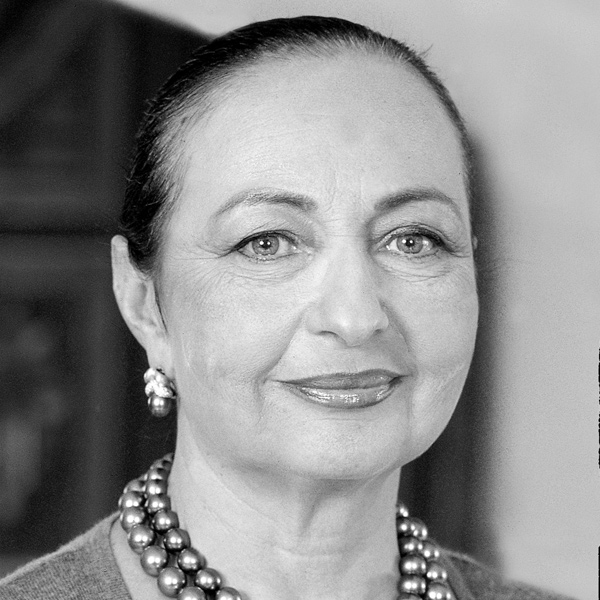
Sevgi Gönül

Mustafa V. Koç
Mustafa V. Koç, who served as the Chair of Koç Holding between 2003 - 2016, was an especially important figure in the history of Koç Group of Companies with his vision and goals.
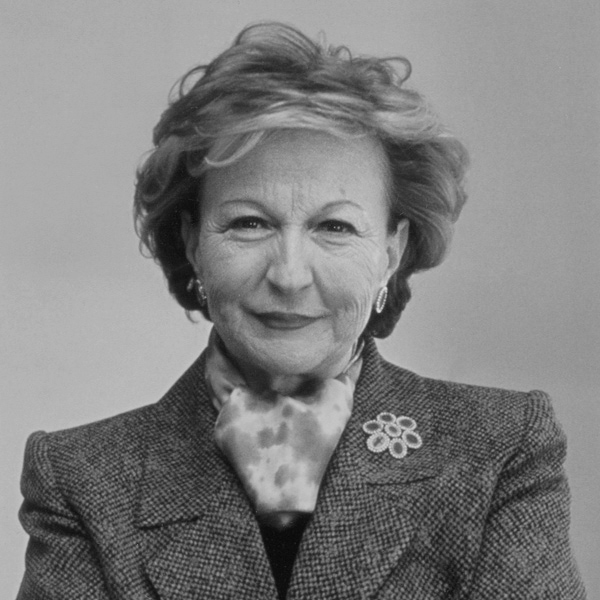
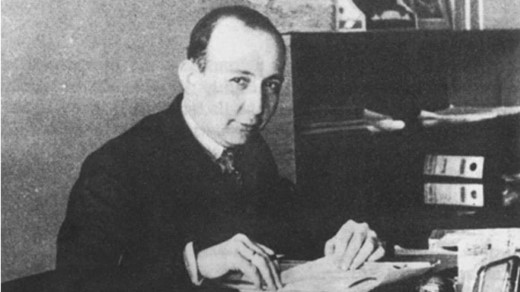
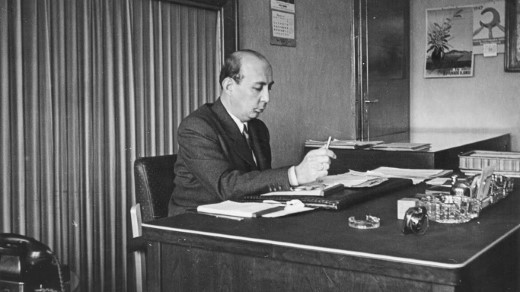
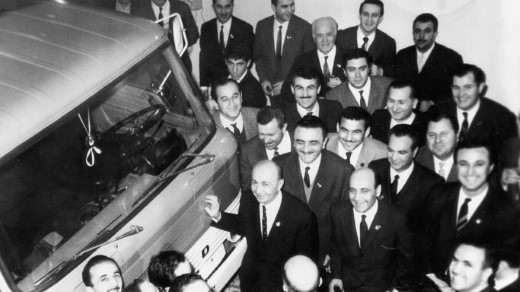
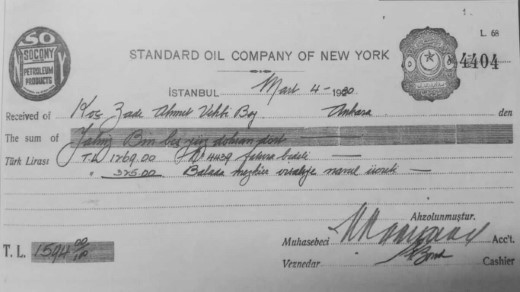
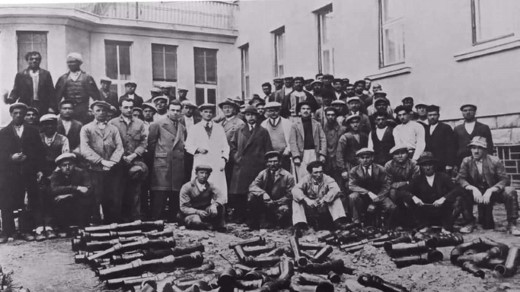
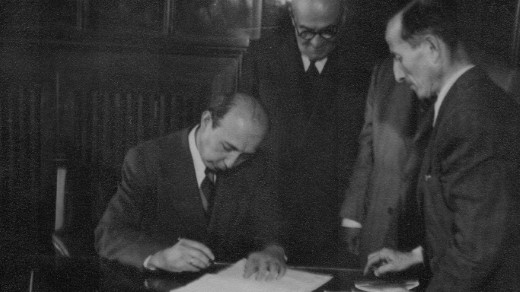
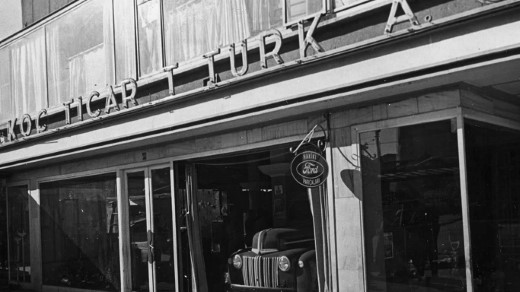
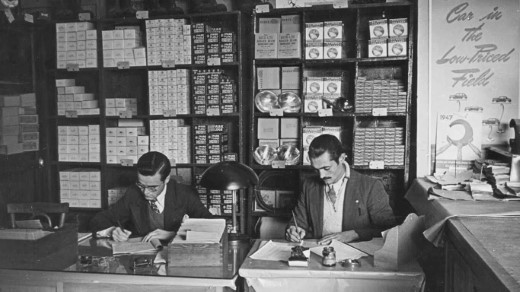
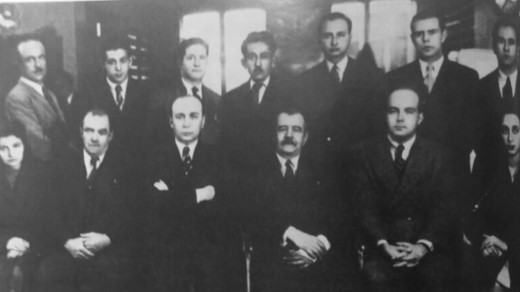
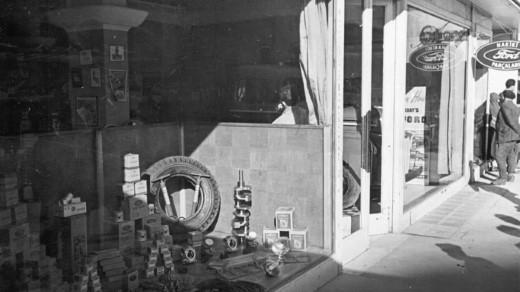
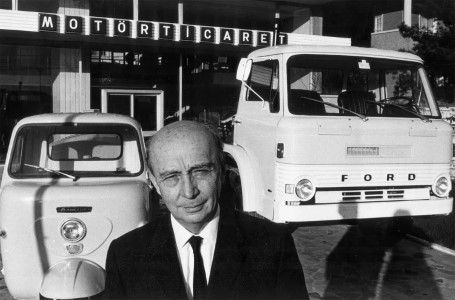
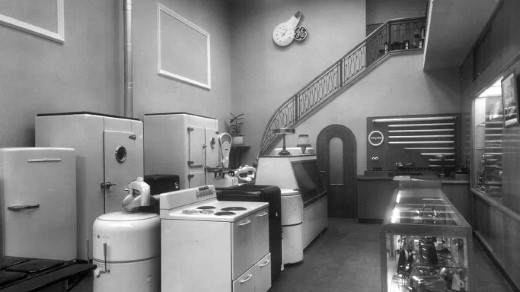
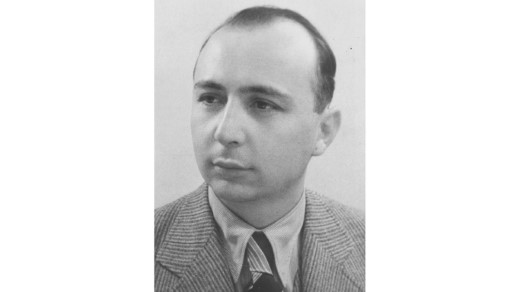
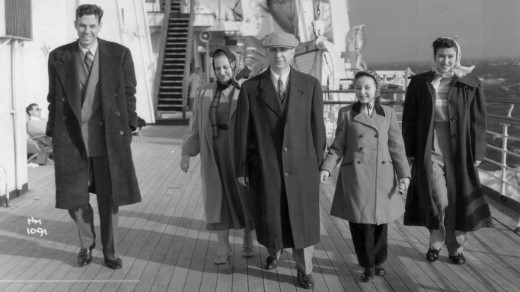
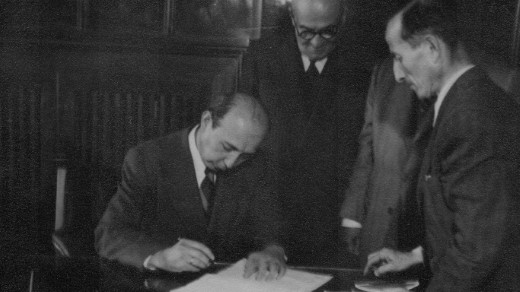
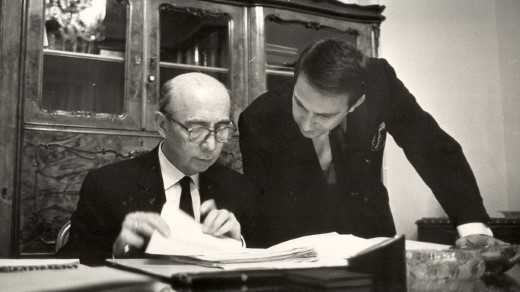
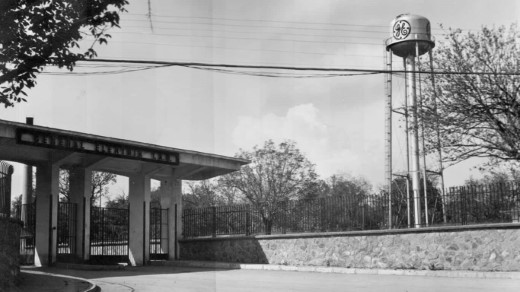
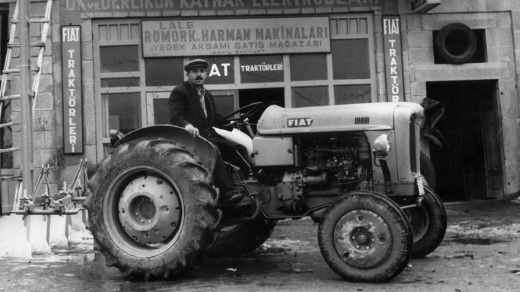
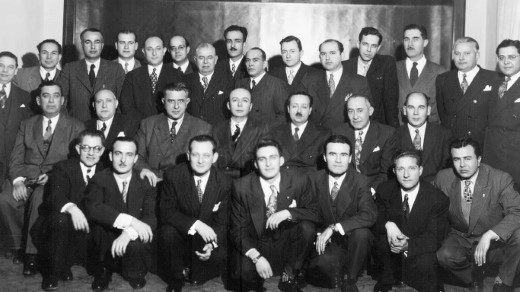
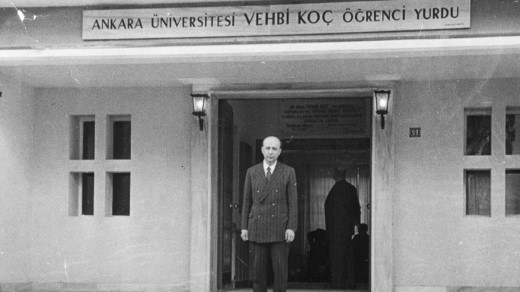
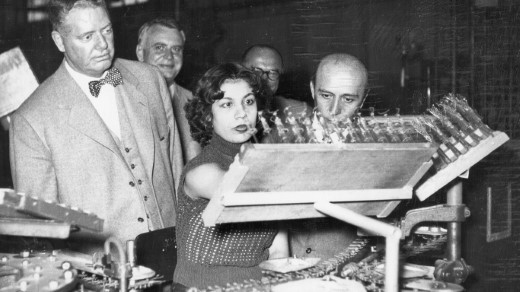
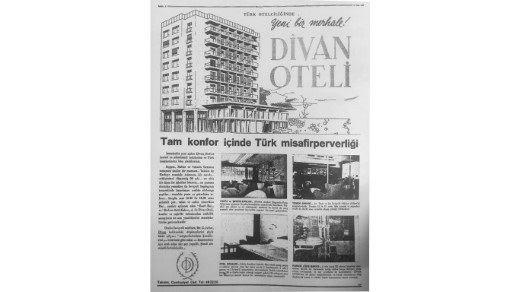
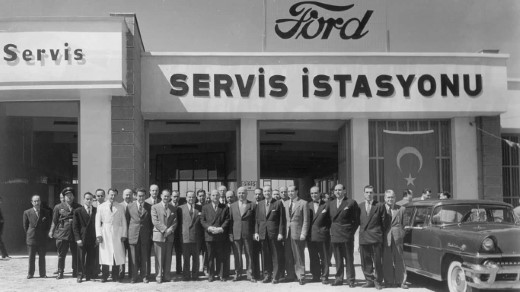
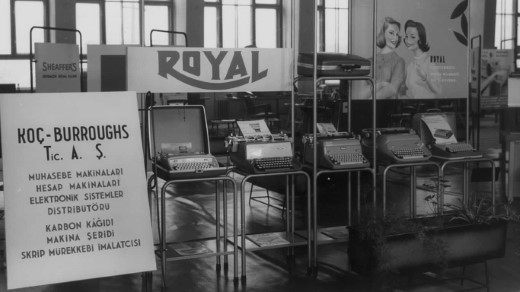
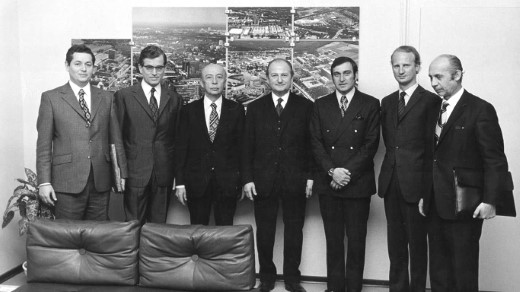
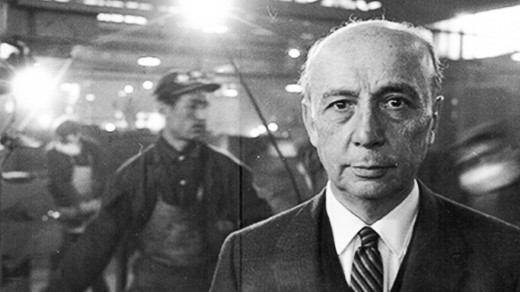
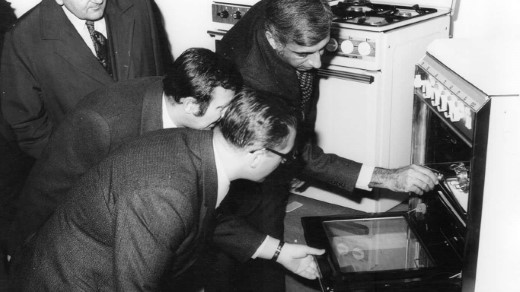
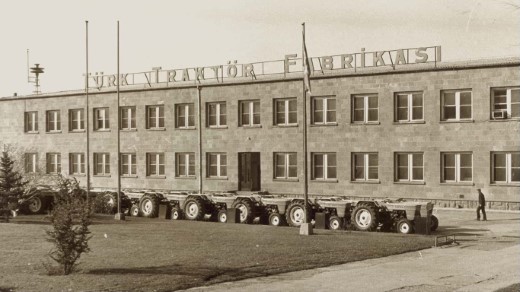
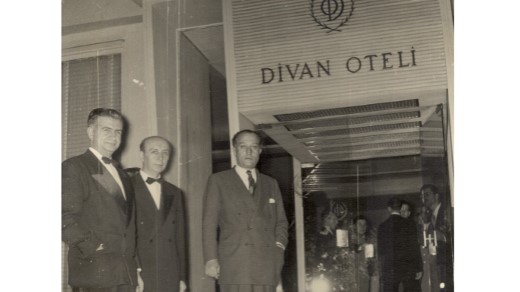
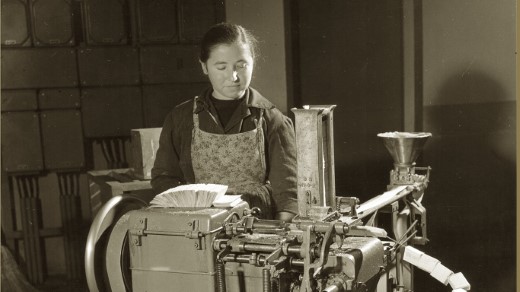
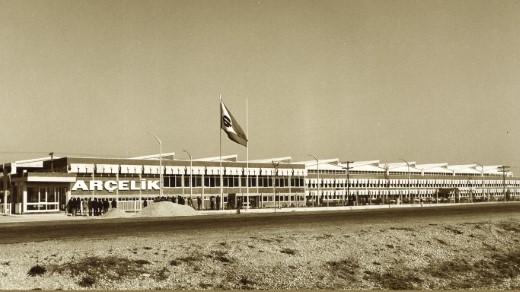
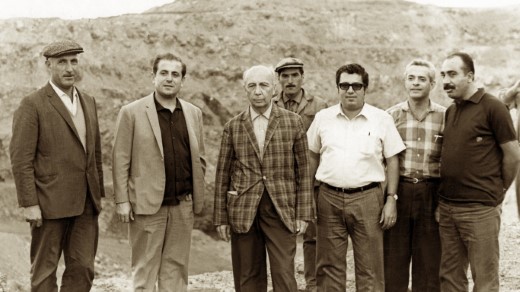
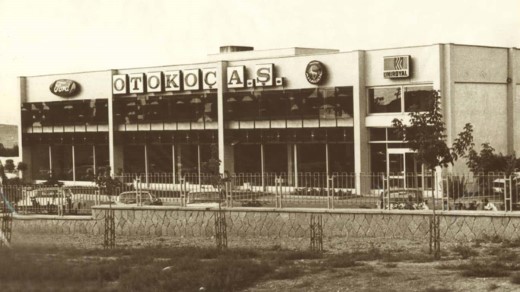
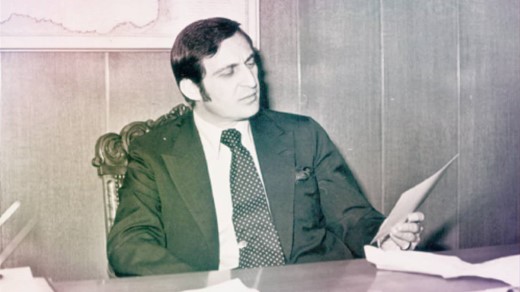
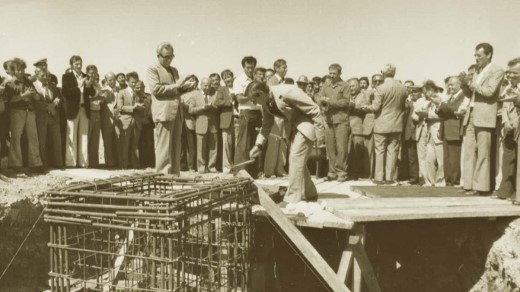
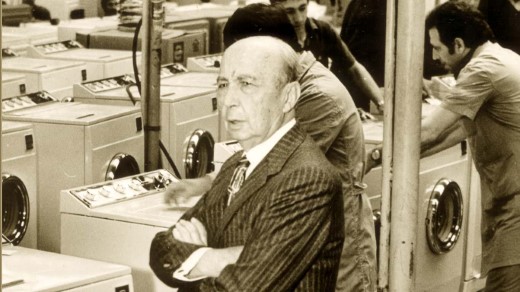
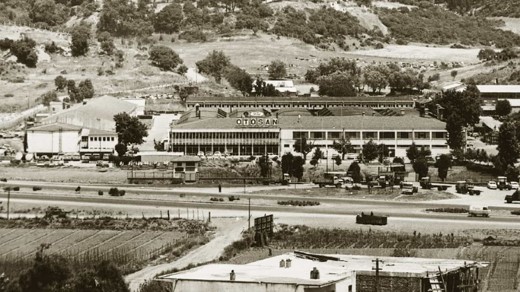
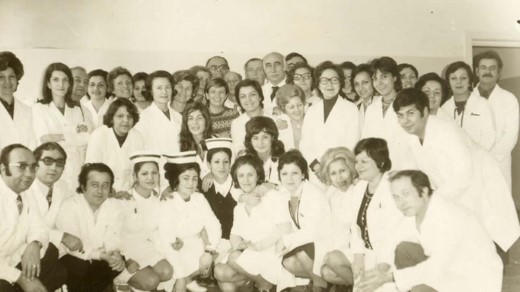
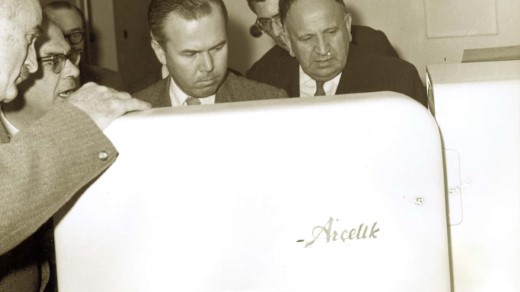
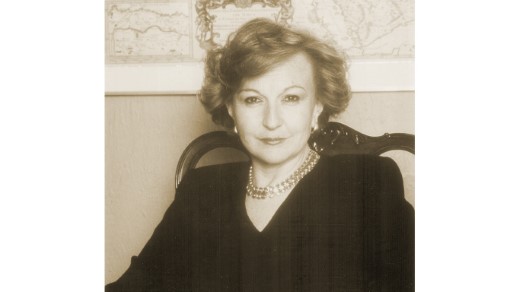
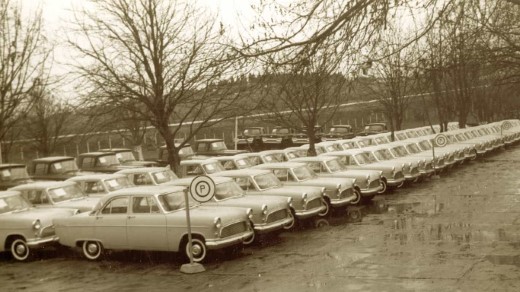
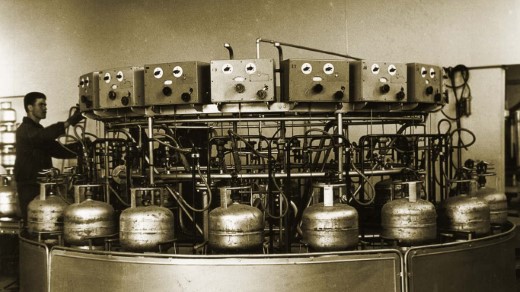
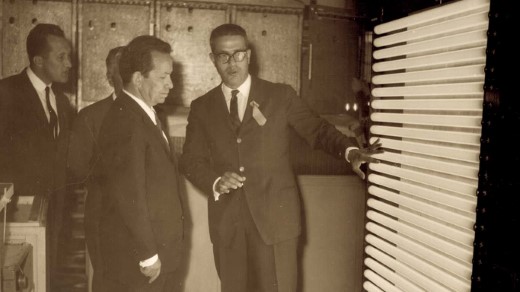
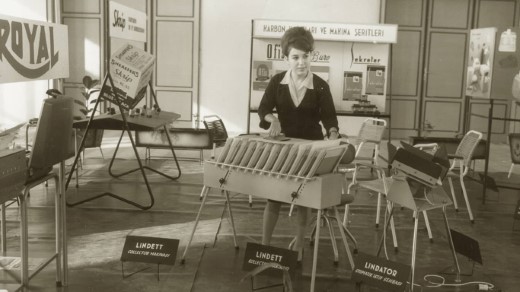
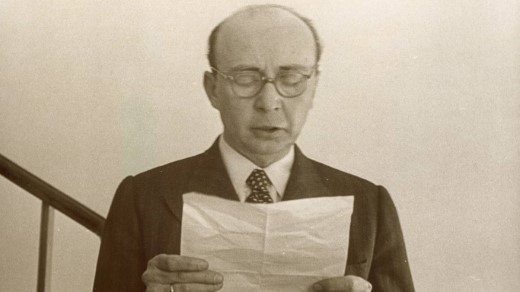
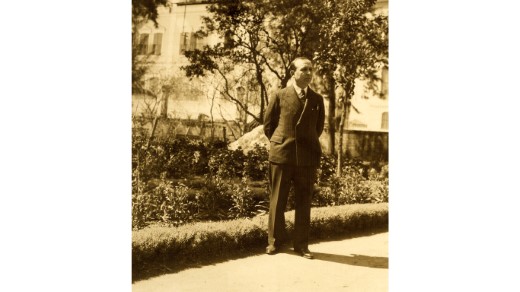
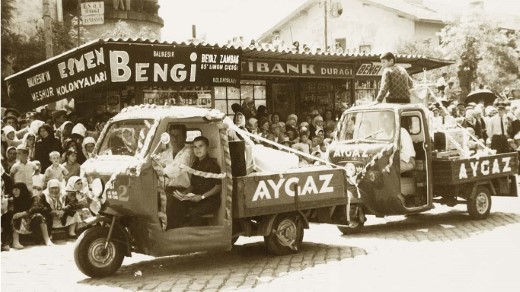
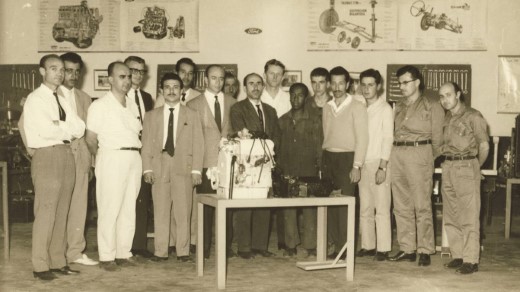
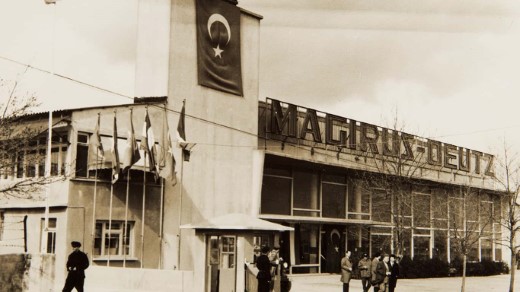
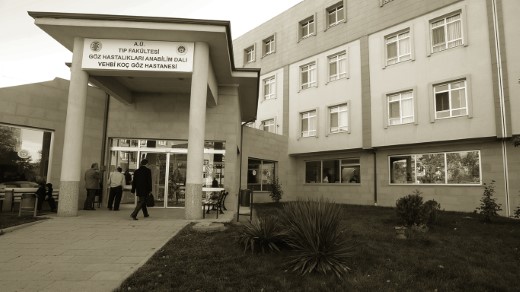
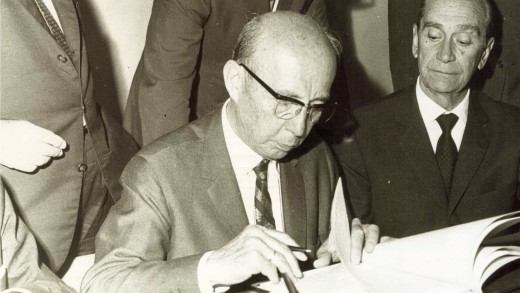
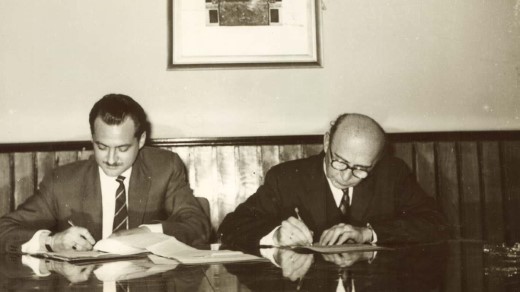
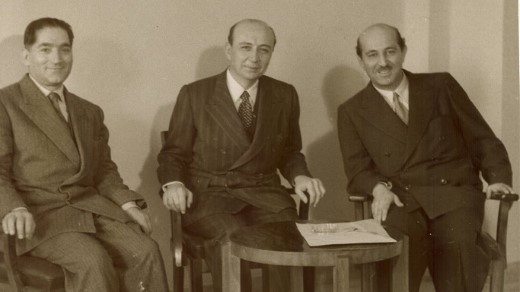
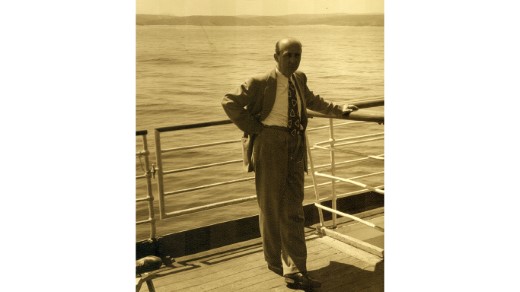
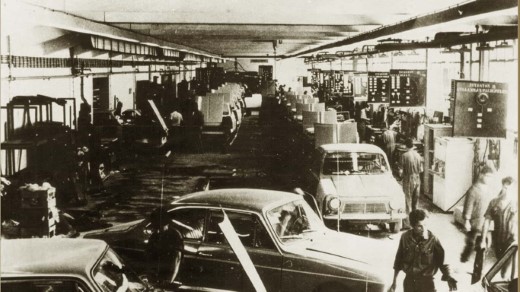
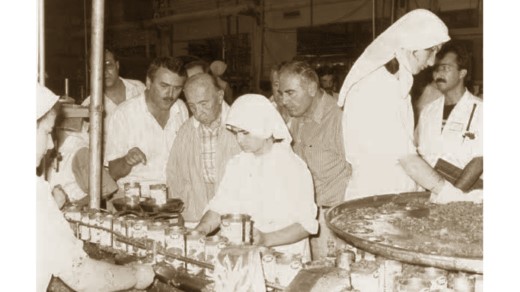
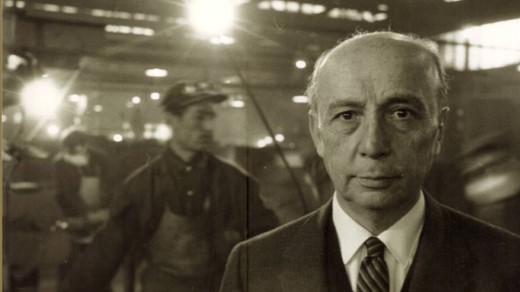
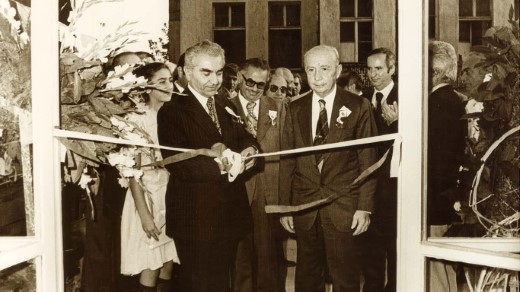
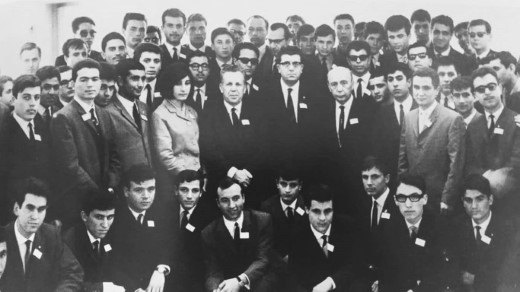
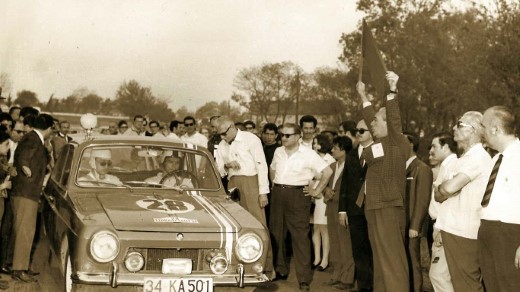
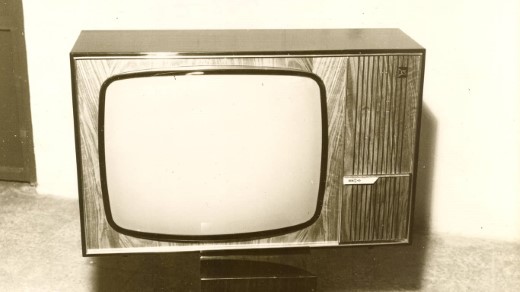
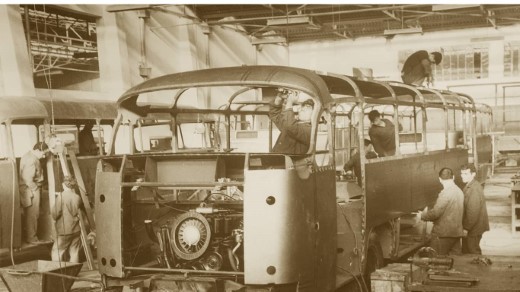
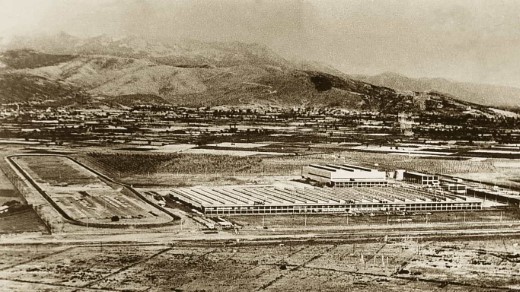
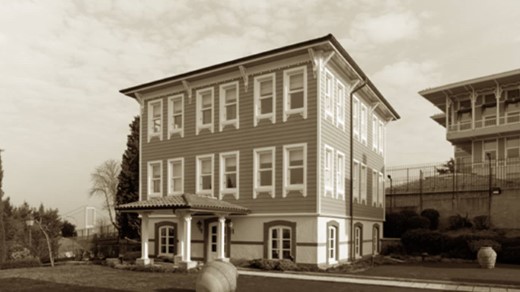
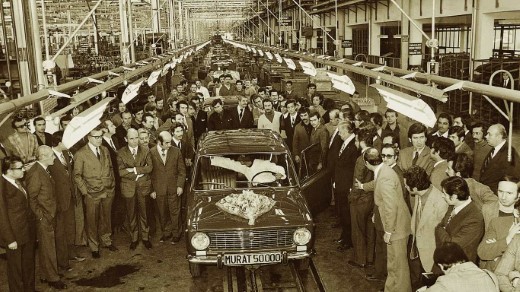
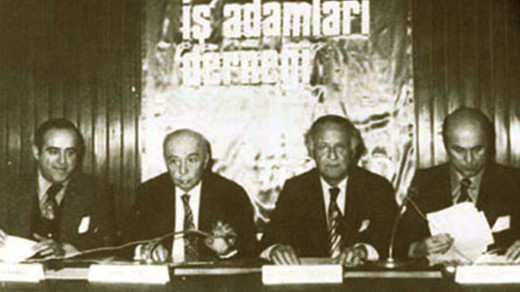
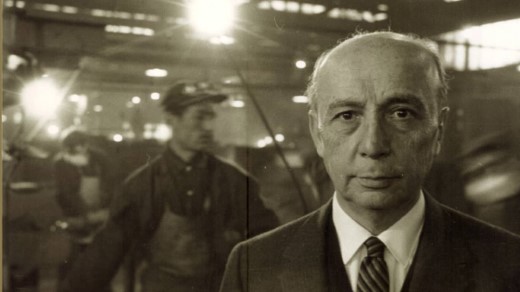
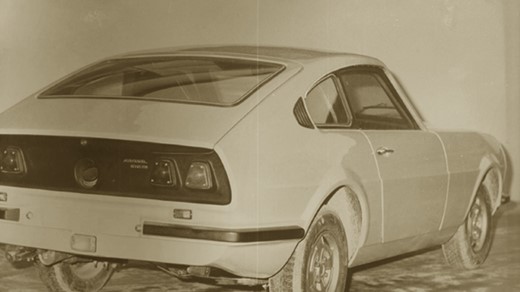
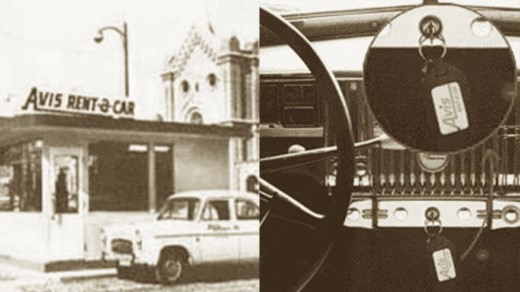
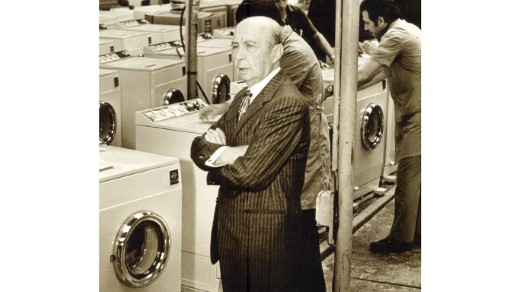
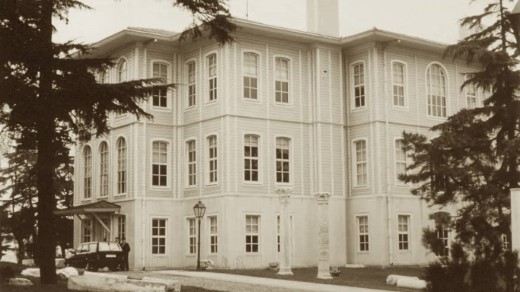
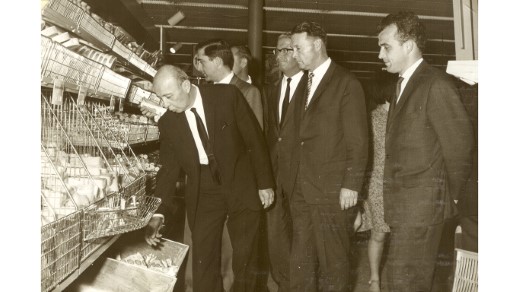
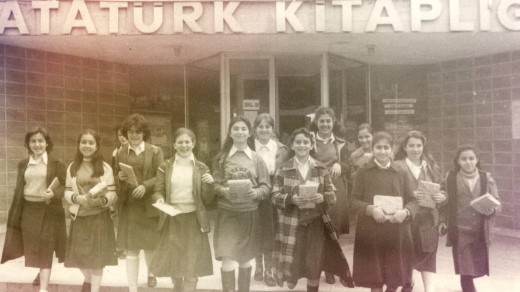
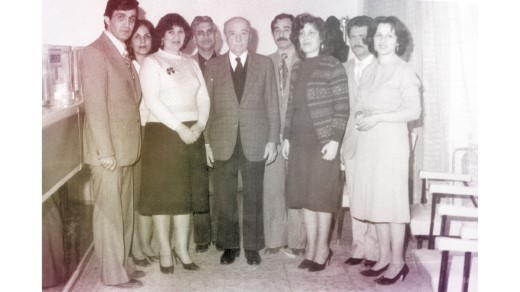
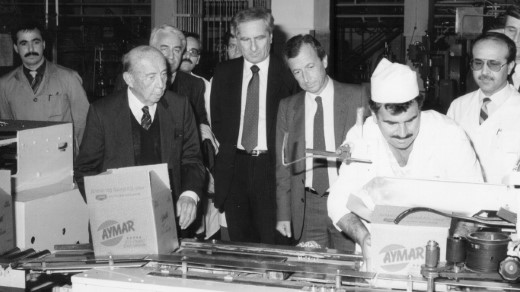
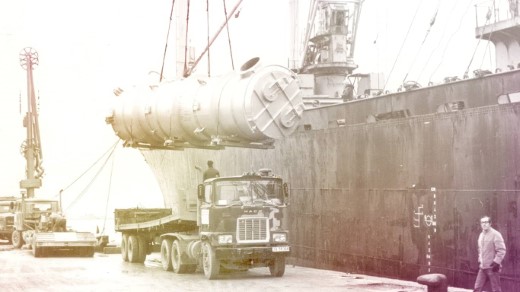
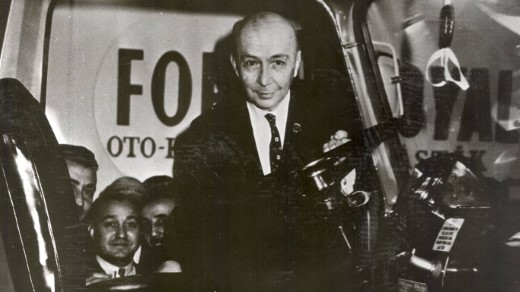
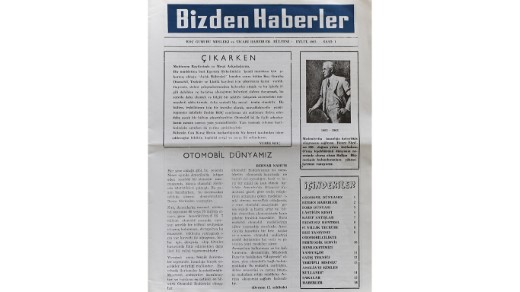
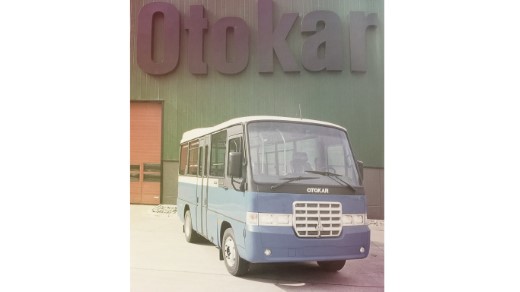

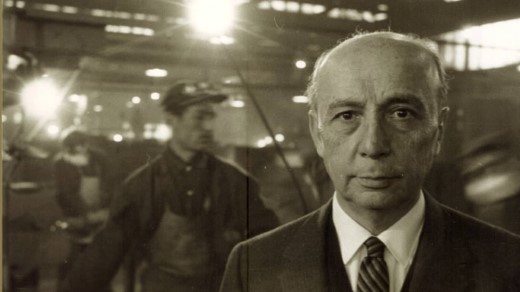
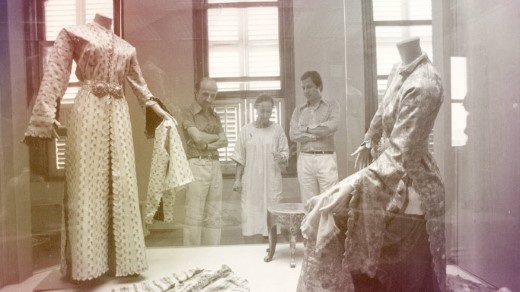
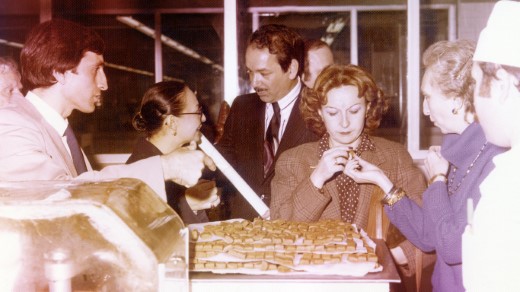
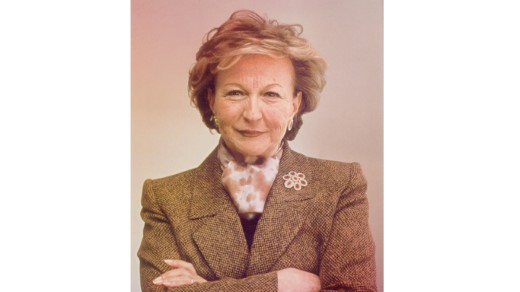
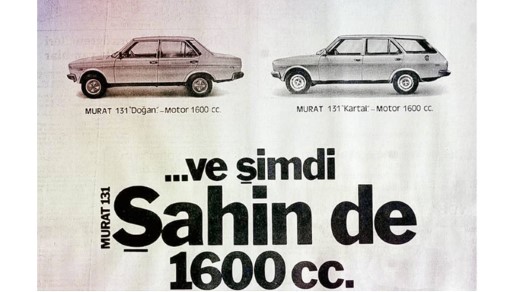
.jpg?ext=.jpg)
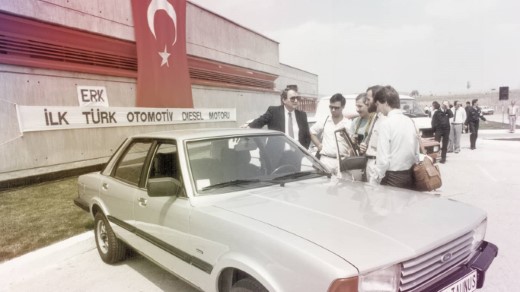
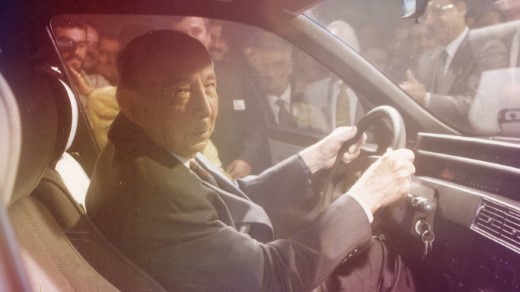
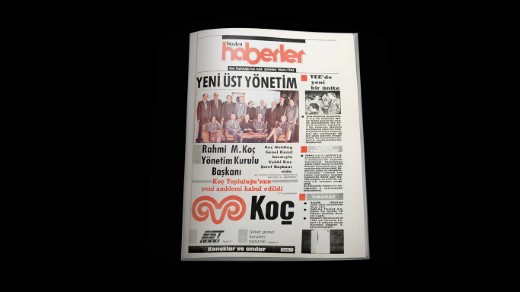
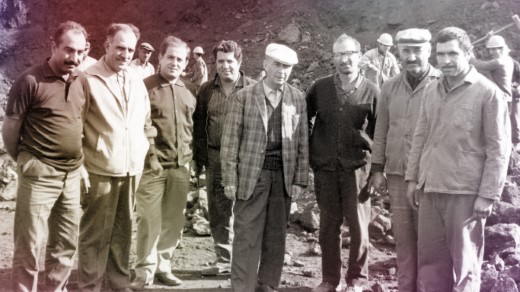
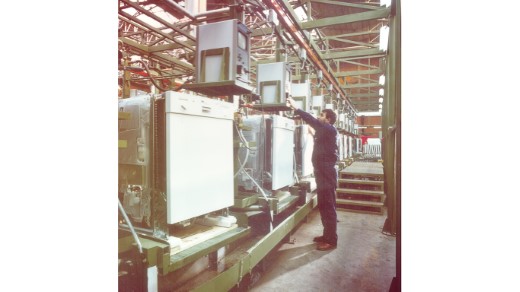
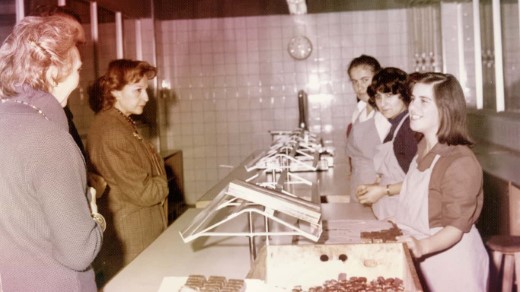
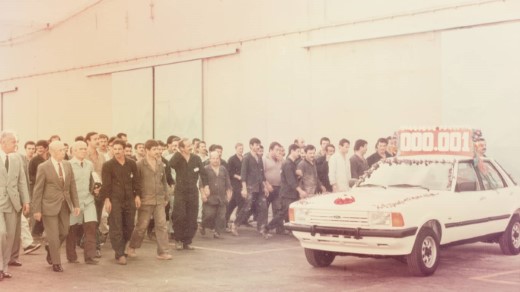
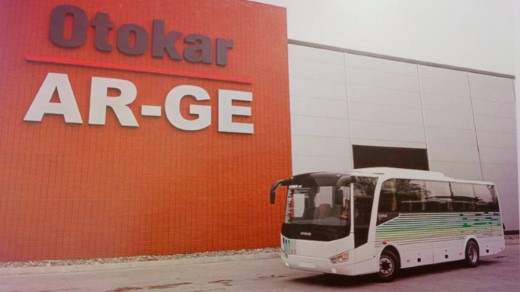
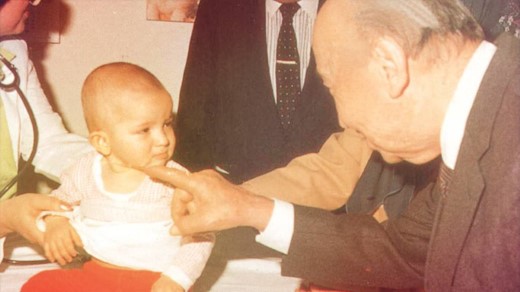
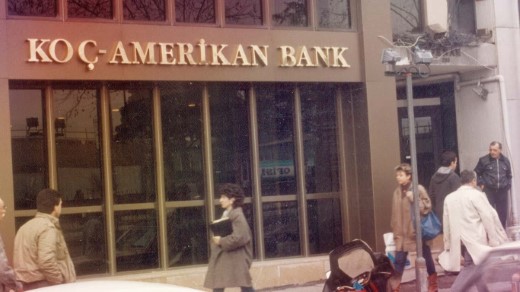
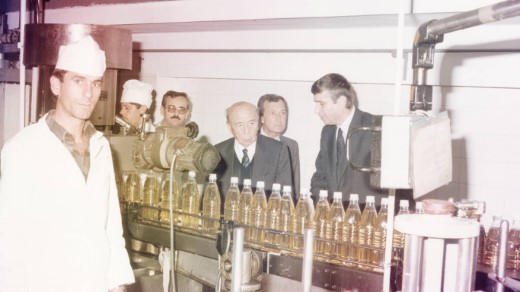
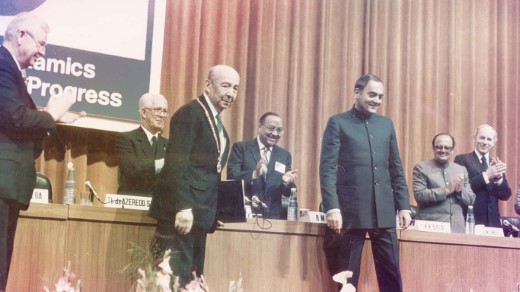
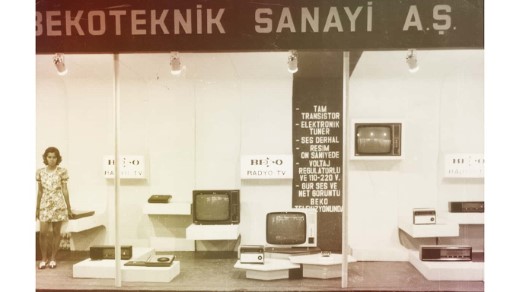
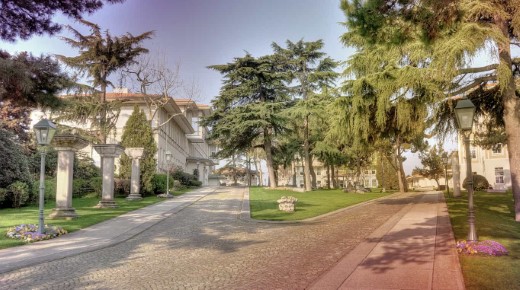
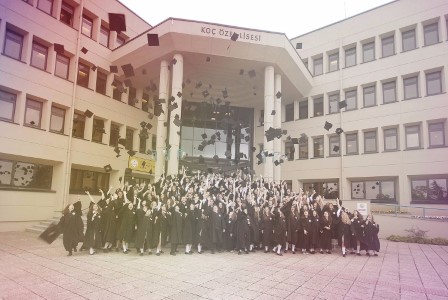
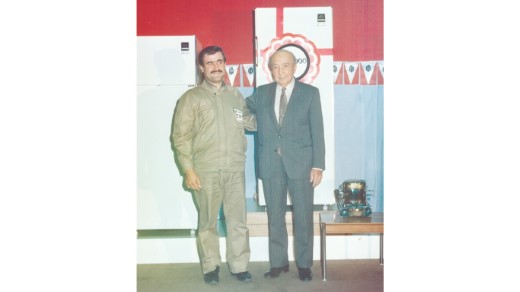
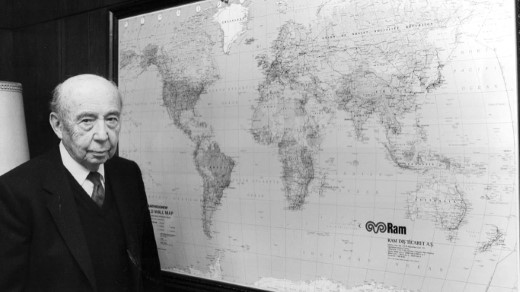

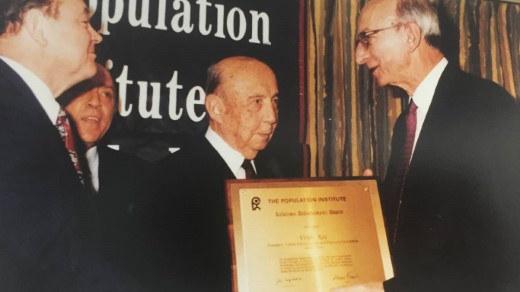
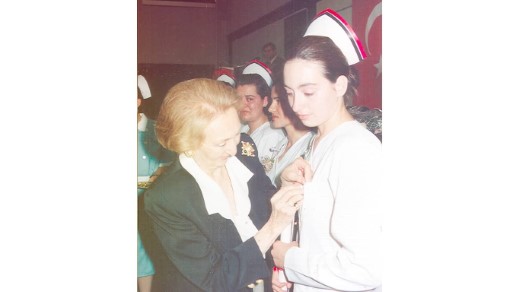
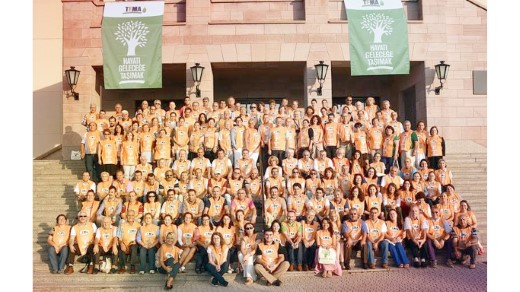
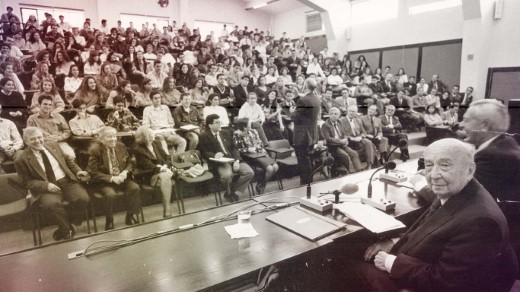
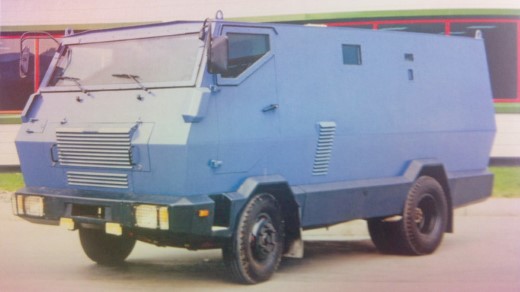
_1.jpg?ext=.jpg)

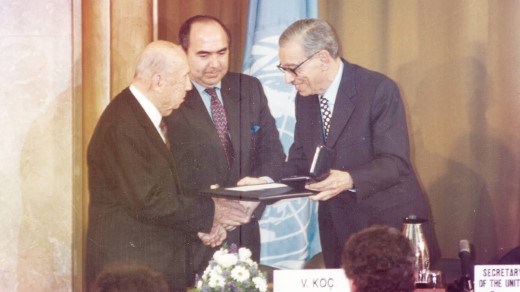
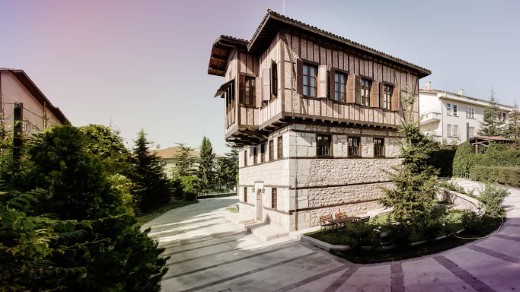

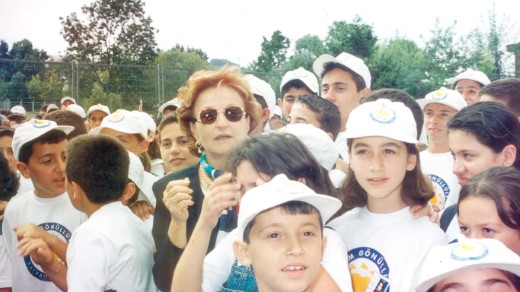

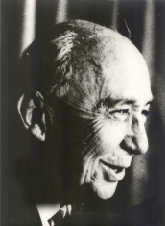
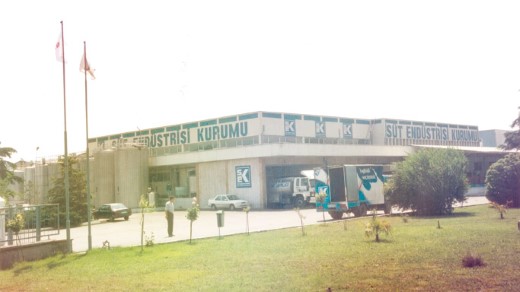






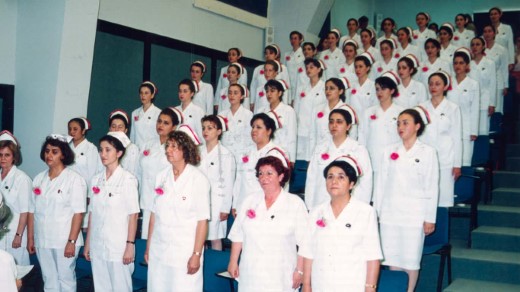
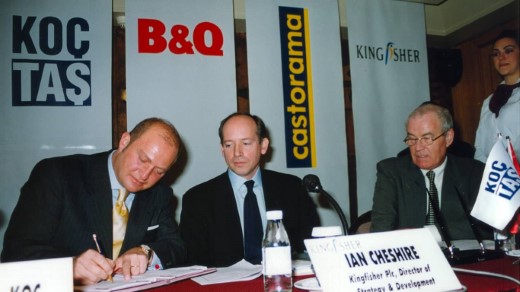
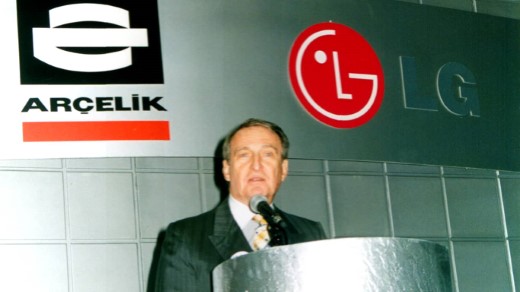
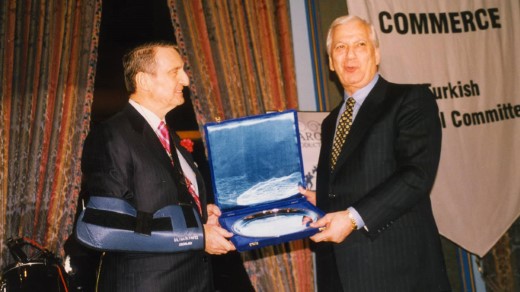
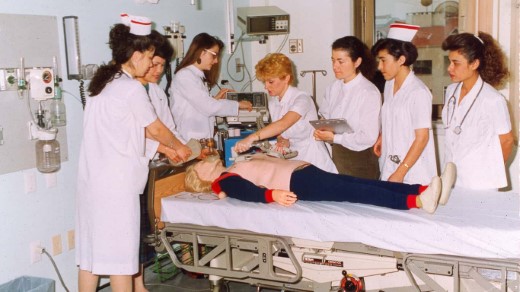
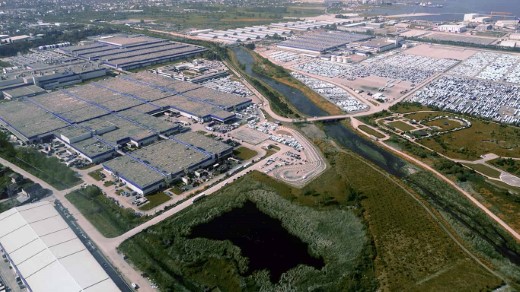
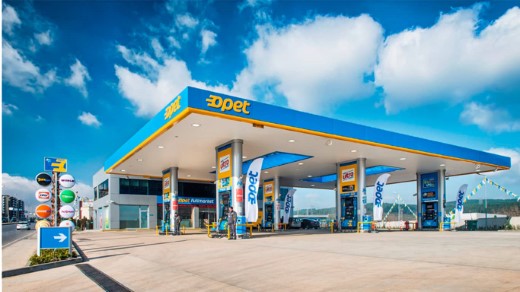
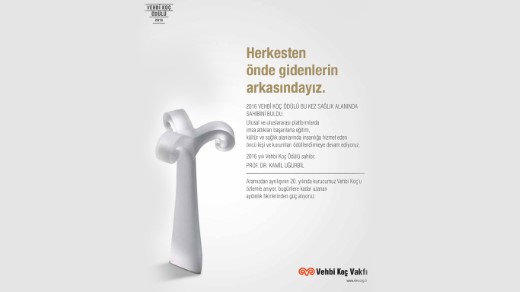
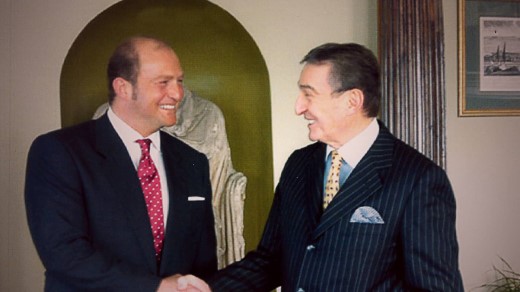
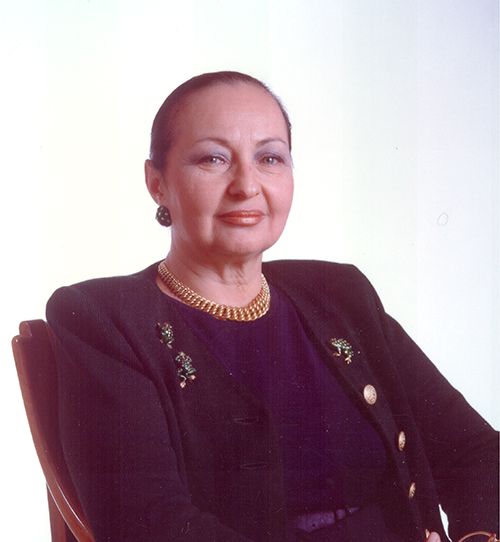


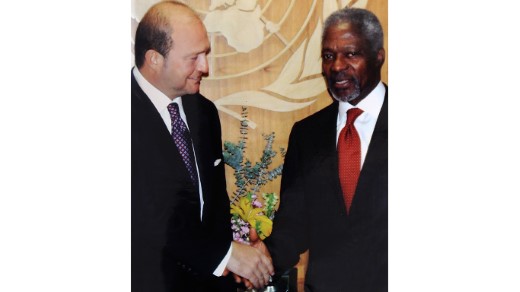
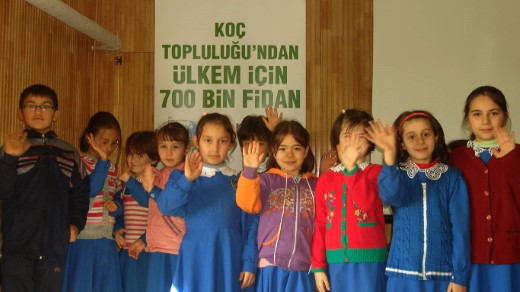
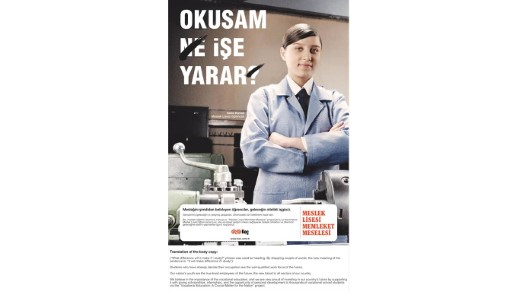

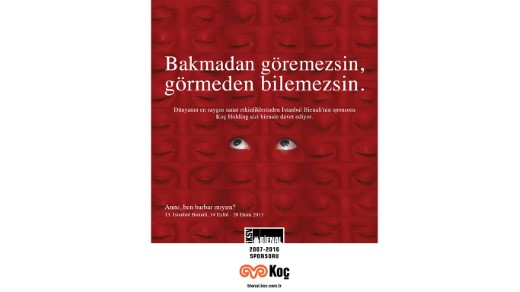
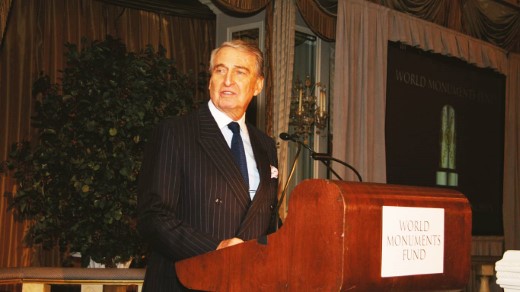
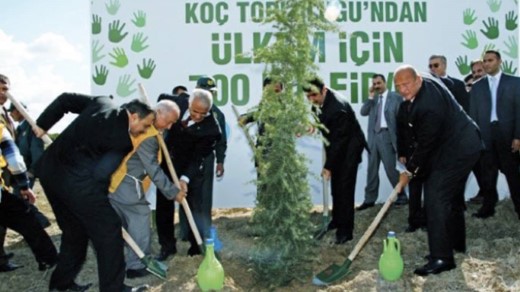
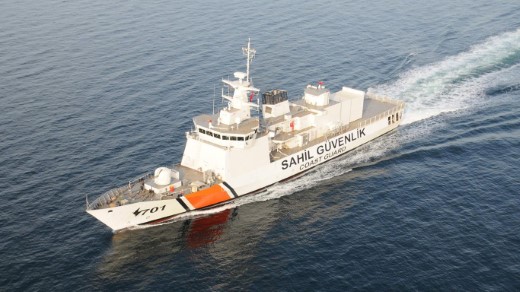
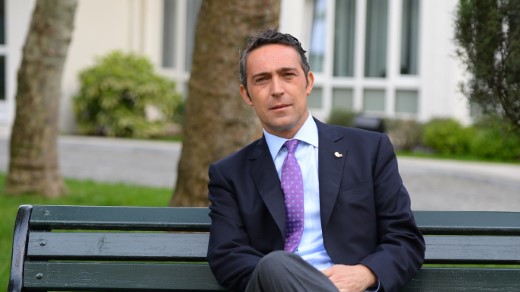
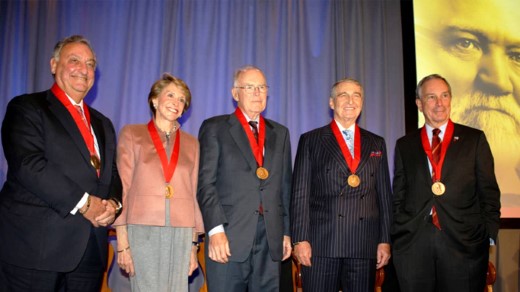
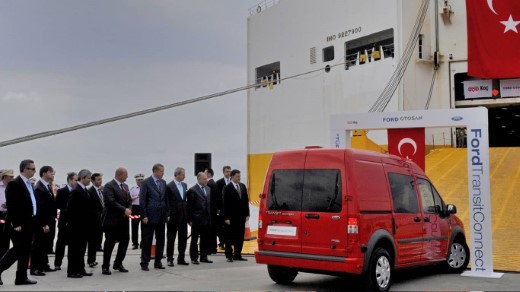


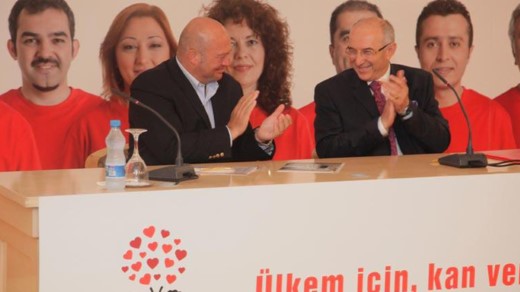
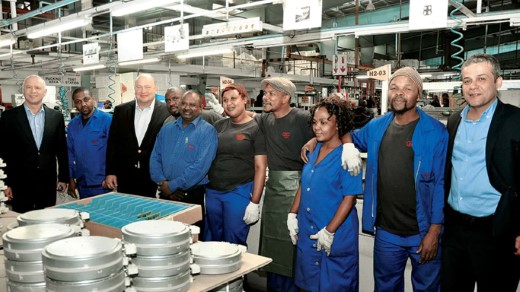
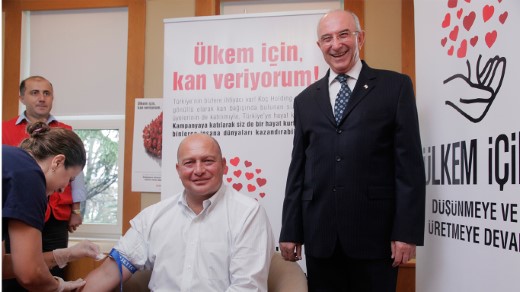
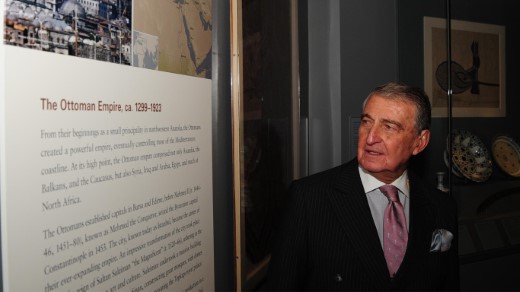
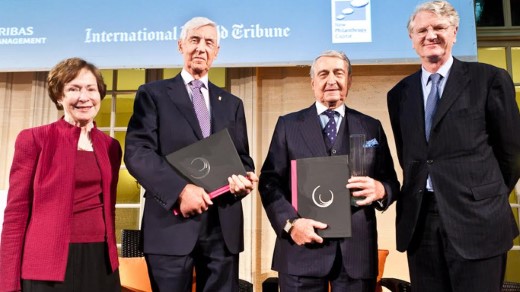
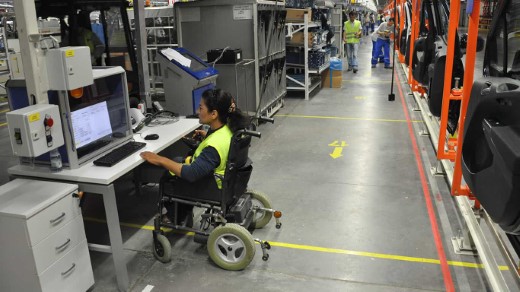
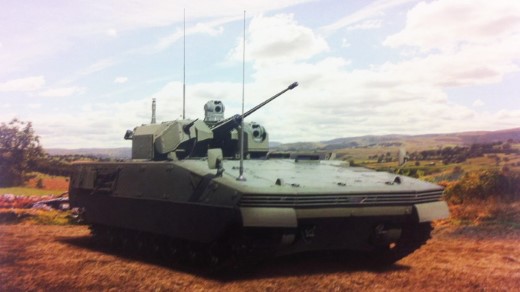

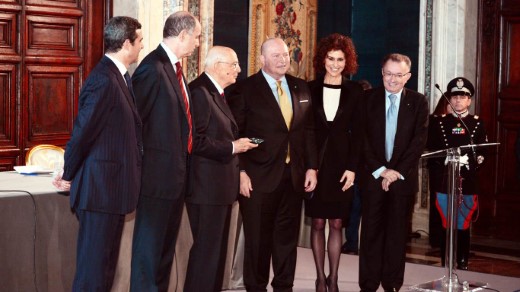
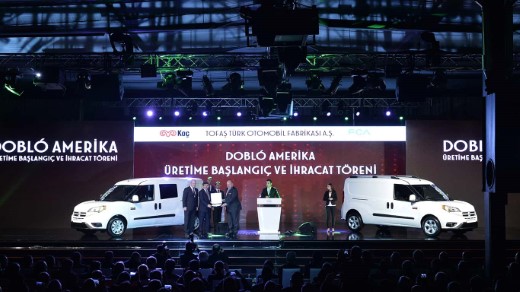
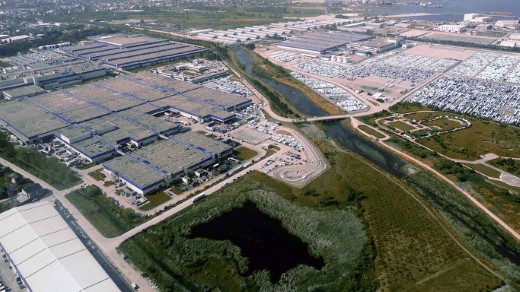
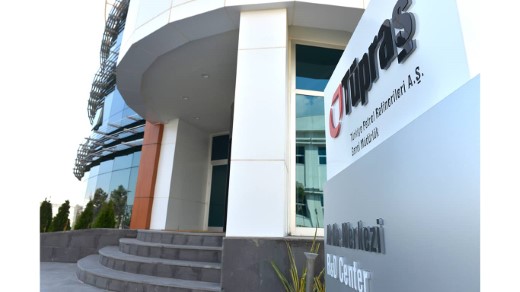
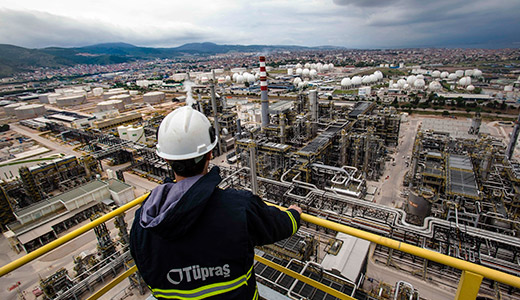
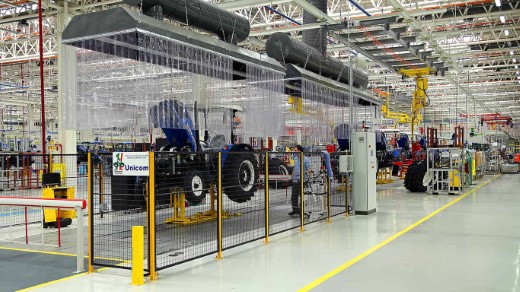

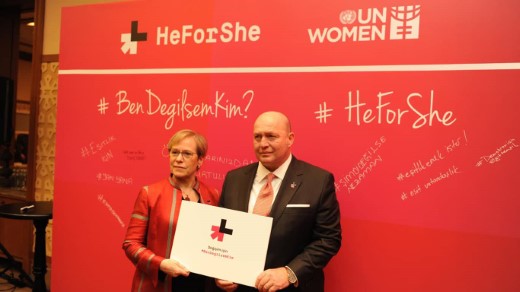
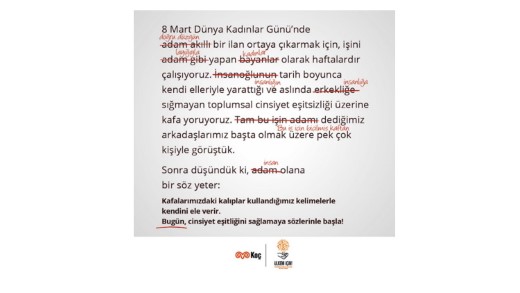

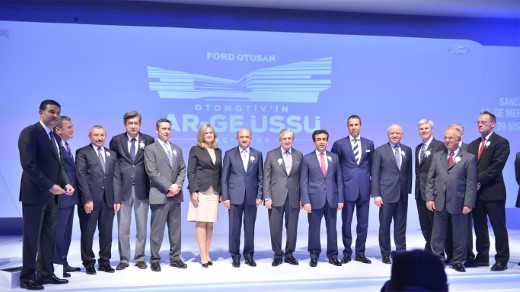
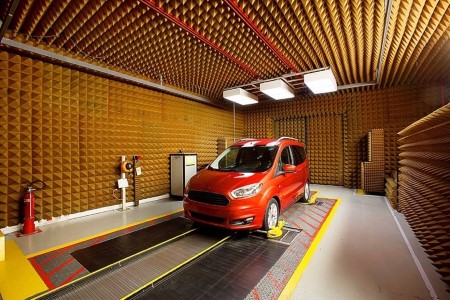




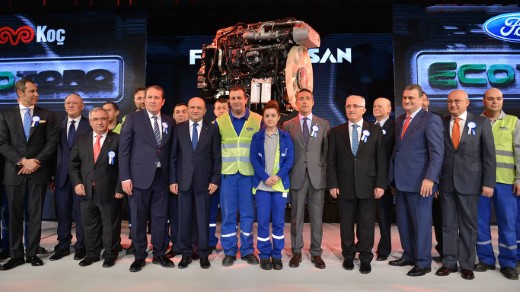
.jpg?ext=.jpg)



